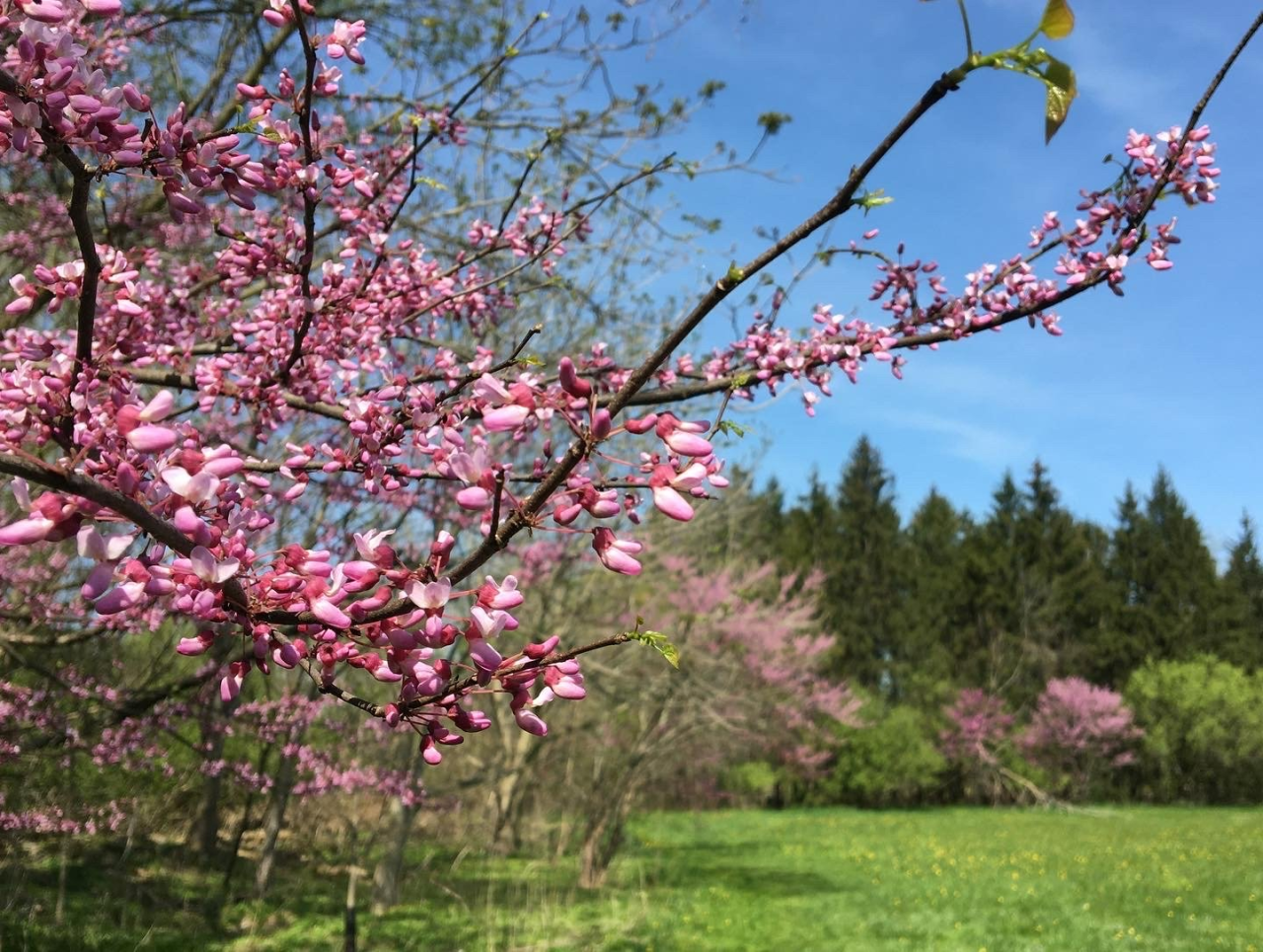May 23, 2023
Support Pollinators This Season #PlantMayFlowers


NEWS RELEASE
For Immediate Release
May 9, 2023
Media Contact:
Kayla Lafferty
klafferty@statecollegepa.us
Support Pollinators This Season #PlantMayFlowers
State College, Pa.-- The Borough of State College would like to remind the community of the enforcement of Chapter XI, Part C, Grass and Weeds, of the Codification of the Borough of State College. This means grass and weeds may not exceed 6 inches, or a property owner is subject to a violation. This ordinance is not waived this year during the month of May. Anyone with questions about the enforcement of this ordinance may call the Municipal Building at (814) 234-7100 or email healthdept@statecollegepa.us.
You have probably heard about #NoMowMay, where people stop mowing their lawns in the month of May, to encourage flowering lawn weeds. After community feedback and research conducted by the Penn State Center for Pollinator Research, the Borough has decided to not continue the No Mow May initiative. Researchers at Penn State’s Center for Pollinator Research examined the pollen that wild bees and managed honeybee bees collect to see which plants were providing the most nutritional resources for bees. They found that in April and May, flowering trees provided the most pollen for bees. These include maple, oak, and willow, as well as pear, apple, and stone fruit trees. (Note - Callery pear trees, which are commonly found in Pennsylvania, do not provide any nutritional resources for bees or other pollinators). From the middle of June and into fall, bees collect pollen from flowering perennials, shrubs, and vines.
For a very short period in early June, bees collected pollen from non-native lawn weeds, including dandelions, crown vetch, clover, birds-foot trefoil, and mustards. However, some weeds such as crown vetch are invasive in Pennsylvania and should not be encouraged, as they can outcompete native flowering plants. Additionally, research studies have shown that dandelion pollen is not nutritionally appropriate for bees – even honeybees fed dandelion pollen had much shorter lifespans than bees fed native blueberry or cranberry pollen.
Another reason to keep grass trimmed is to reduce the risk of tick-borne diseases. Unfortunately, leaving grass un-mowed in May or June creates a favorable habitat for ticks and wildlife, including deer, rodents, and birds, which can increase the risk of tick infestations in the area. Maintaining shorter grass provides a drier environment that is unfavorable for ticks and limits the habitat and food sources of wildlife, resulting in reduced tick populations.
What You Can Do:
So - what can you do to help the bees in your backyard? If you visit the Center for Pollinator Research website, there are many resources available to help you select the best plants for supporting bees, butterflies, hummingbirds, and other pollinators. This includes guidelines from the Penn State Master Gardeners for creating a Certified Pollinator Garden. For more information on how to protect yourself from ticks, visit the Penn State Extension website.
The Borough of State College is working with the Center for Pollinator Research to include more street trees that support pollinators and give these trees to homeowners at Arbor Day events. The Borough is also exploring waiving the vegetation height requirement for Certified Pollinator Gardens - so you can have beautiful gardens in your front lawns that are also nutritious for bees.
If you want to learn more about pollinators, build nesting boxes for pollinators, or pick up native plants that attract a diversity of pollinators, there are many events in town that can help!
So, this May, give your local bees the Mother’s Day gift that they really need - flowering trees, shrubs, and perennials. #PlantMayFlowers
For more information, please contact Heather Frantz, Education Specialist for the Center for Pollinator Research, at hud192@psu.edu.
